Lawmakers signal changes for big tech in antitrust hearings
Legislators warn large companies against anticompetitive practices


Congressional lawmakers have signaled coming changes to the government's antitrust approach in a hearing that targeted big tech companies.
The House Judiciary Subcommittee on Antitrust, Commercial, and Administrative Law met to discuss large tech companies’ rising power, with lawmakers vowing to change conditions under which tech companies operate. Yesterday's hearing was the first in a series to explore potential reforms to help level the tech industry playing field.
House Judiciary chair Jerrold Nadler warned that antitrust regulations needed a shakeup to deal with big tech's increasing power.
"The rise and abuse of gatekeeper power by a few dominant firms has undermined the goals of the open internet," Nadler said. "Instead of having an open, competitive ecosystem, online gatekeepers can and do put a thumb on the scale in favor of their own business and against innovators, entrepreneurs, and startups."
David Cicilline, chair of the Subcommittee, put it more succinctly. "Change is coming," he said. "Laws are coming."
There were no big tech companies at the hearings yesterday. Instead, representatives from various organizations, including the American Economic Liberties Project, Public Knowledge, the Global Antitrust Institute, economics consultancy Econ One, and legal firm Kellogg, Hansen, Todd, Figel & Fredrick, testified on topics ranging from data interoperability to non-discrimination.
Eric Gundersen, CEO of mapping company MapBox, explained why he wanted Google to open its mapping data to others. Charlotte Slaiman, competition director at Public Knowledge, advocated for interoperability measures that would require big tech companies to open their data so consumers could move easily between networks.
Get the ITPro daily newsletter
Sign up today and you will receive a free copy of our Future Focus 2025 report - the leading guidance on AI, cybersecurity and other IT challenges as per 700+ senior executives
Other suggestions included a tribunal for companies to air cases of alleged discrimination that favor their platforms. This is prescient, given Epic's current battle against Apple, which it claims has unfairly used its app store platform’s power.
Lawmakers will conduct more hearings over the next few weeks, including one exploring the technology industry's focus on journalism. Facebook has been embroiled in a dispute with the Australian government over its insistence that it pays news organizations when linking to their news from its platform.
This event follows a large Congressional antitrust hearing last July where lawmakers grilled tech CEOs directly. The House Judiciary Committee followed that up with a lengthy report in October detailing an extensive investigation into big tech antitrust practices. Later that month, the Department of Justice charged Google with antitrust violations, and the FTC launched its antitrust case against Facebook.
Danny Bradbury has been a print journalist specialising in technology since 1989 and a freelance writer since 1994. He has written for national publications on both sides of the Atlantic and has won awards for his investigative cybersecurity journalism work and his arts and culture writing.
Danny writes about many different technology issues for audiences ranging from consumers through to software developers and CIOs. He also ghostwrites articles for many C-suite business executives in the technology sector and has worked as a presenter for multiple webinars and podcasts.
-
 Bigger salaries, more burnout: Is the CISO role in crisis?
Bigger salaries, more burnout: Is the CISO role in crisis?In-depth CISOs are more stressed than ever before – but why is this and what can be done?
By Kate O'Flaherty Published
-
 Cheap cyber crime kits can be bought on the dark web for less than $25
Cheap cyber crime kits can be bought on the dark web for less than $25News Research from NordVPN shows phishing kits are now widely available on the dark web and via messaging apps like Telegram, and are often selling for less than $25.
By Emma Woollacott Published
-
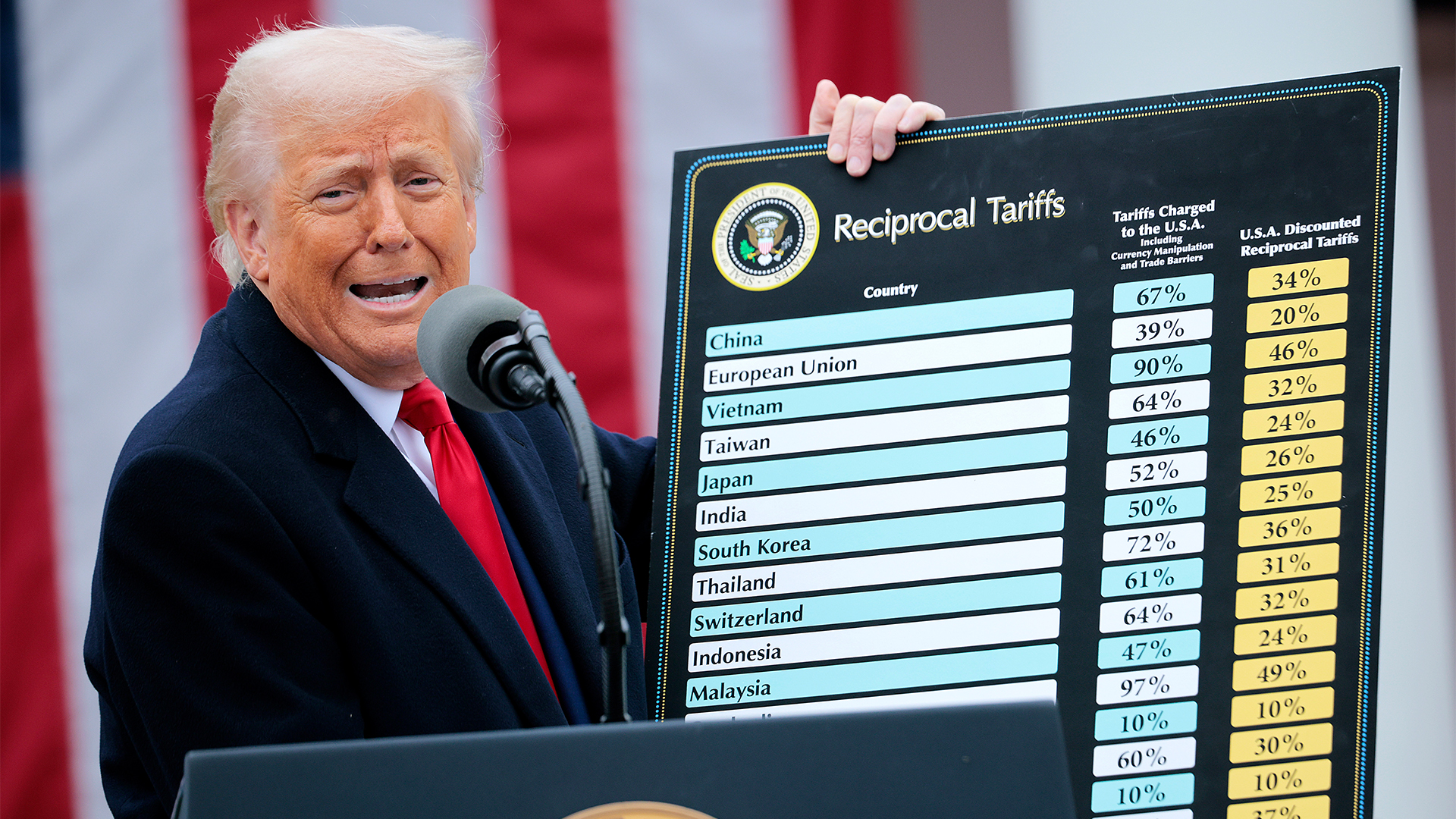 IDC warns US tariffs will impact tech sector spending
IDC warns US tariffs will impact tech sector spendingNews IDC has warned that the US government's sweeping tariffs could cut global IT spending in half over the next six months.
By Bobby Hellard Published
-
 US government urged to overhaul outdated technology
US government urged to overhaul outdated technologyNews A review from the US Government Accountability Office (GAO) has found legacy technology and outdated IT systems are negatively impacting efficiency.
By George Fitzmaurice Published
-
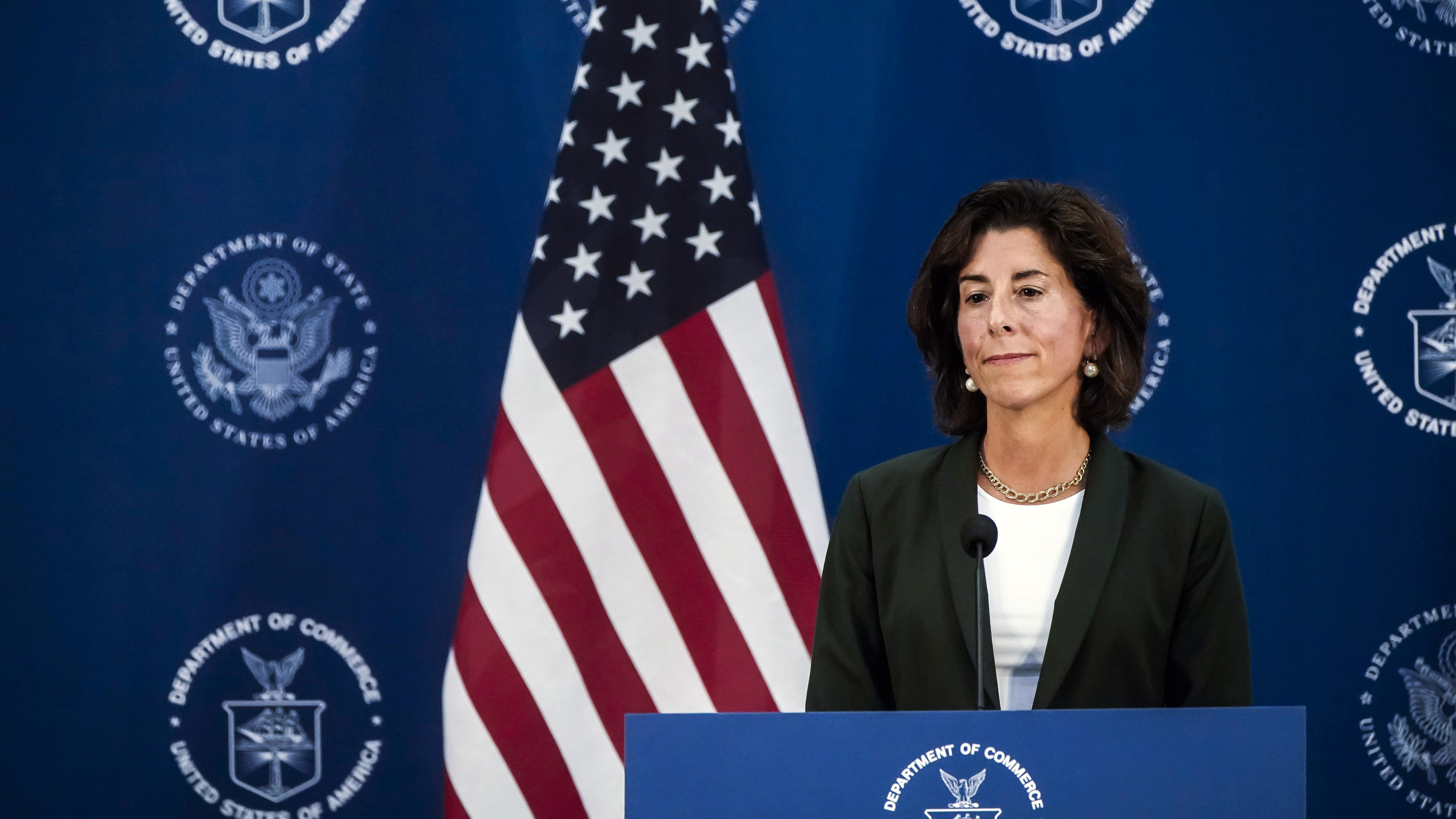 US proposes new ‘know-your-customer’ restrictions on cloud providers
US proposes new ‘know-your-customer’ restrictions on cloud providersNews The US aims to stifle Chinese AI competition with new restrictions on cloud providers to verify foreign data center users
By Solomon Klappholz Published
-
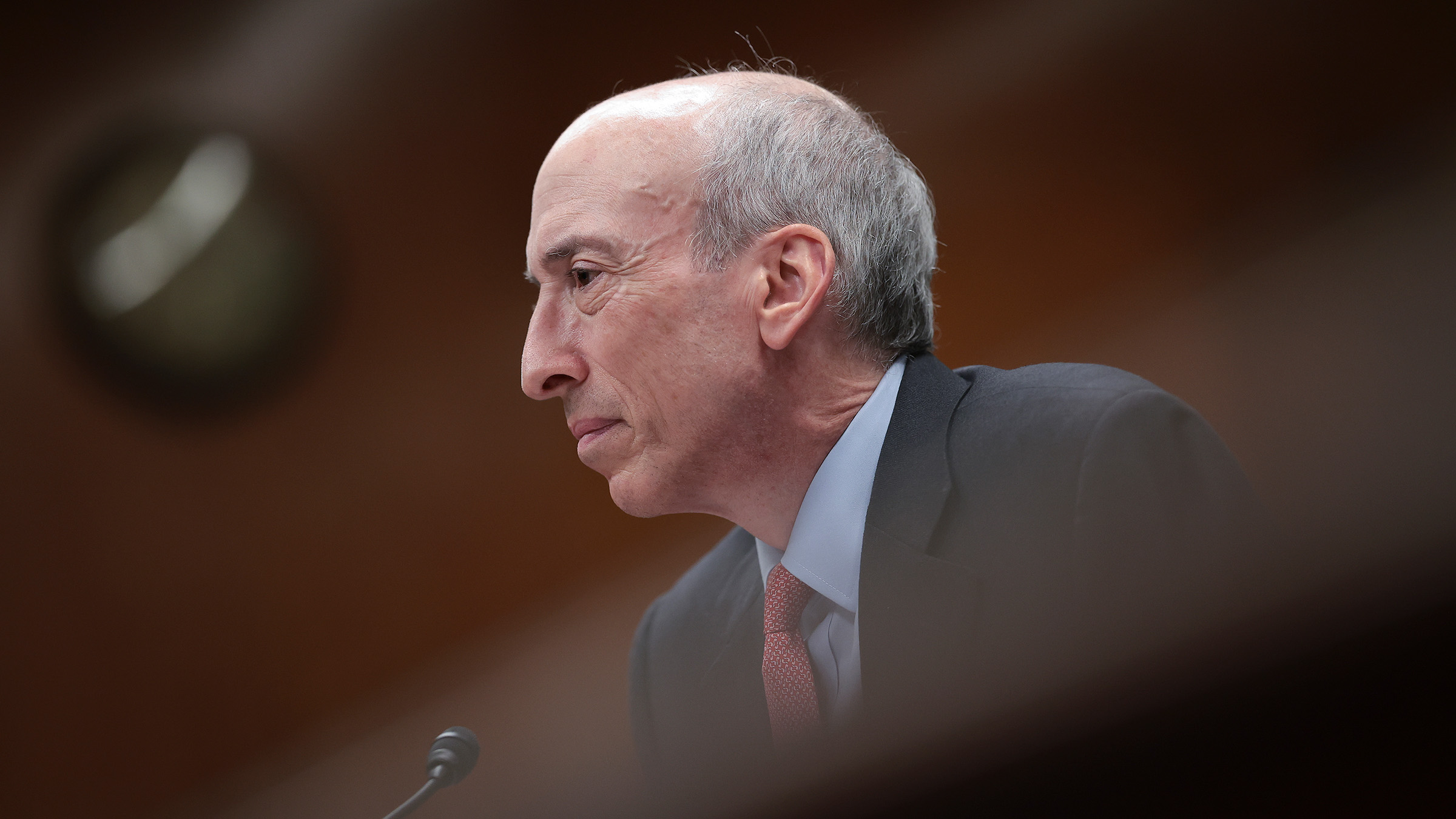 SEC passes rules compelling US public companies to report data breaches within four days
SEC passes rules compelling US public companies to report data breaches within four daysNews Foreign entities trading publicly in the US will also be held to comparative standards
By Rory Bathgate Published
-
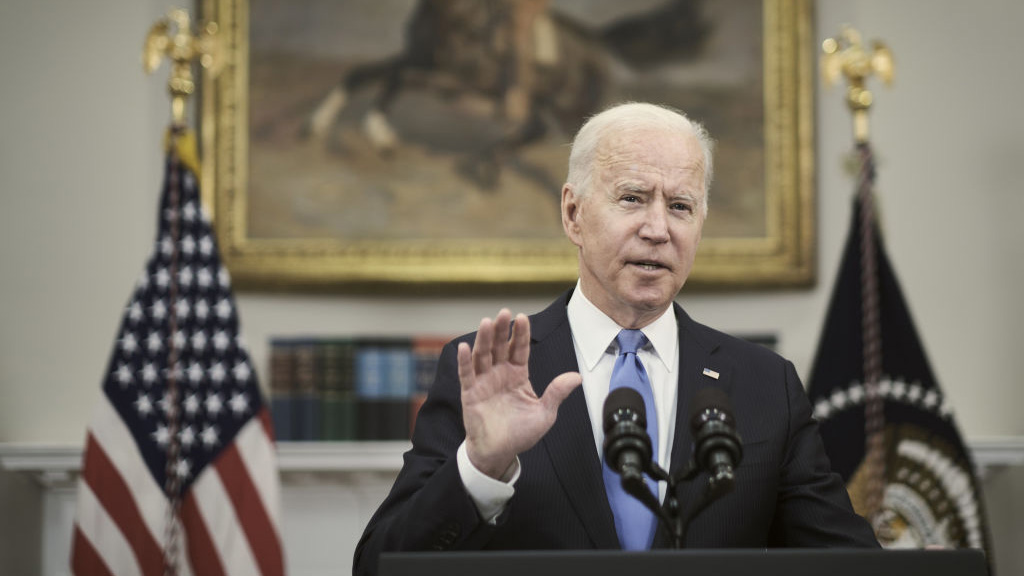 US says National Cybersecurity Strategy will focus on market resilience and private partnerships
US says National Cybersecurity Strategy will focus on market resilience and private partnershipsNews The recently announced implementation plans alow for more aggressive action against ransomware gangs
By Rory Bathgate Published
-
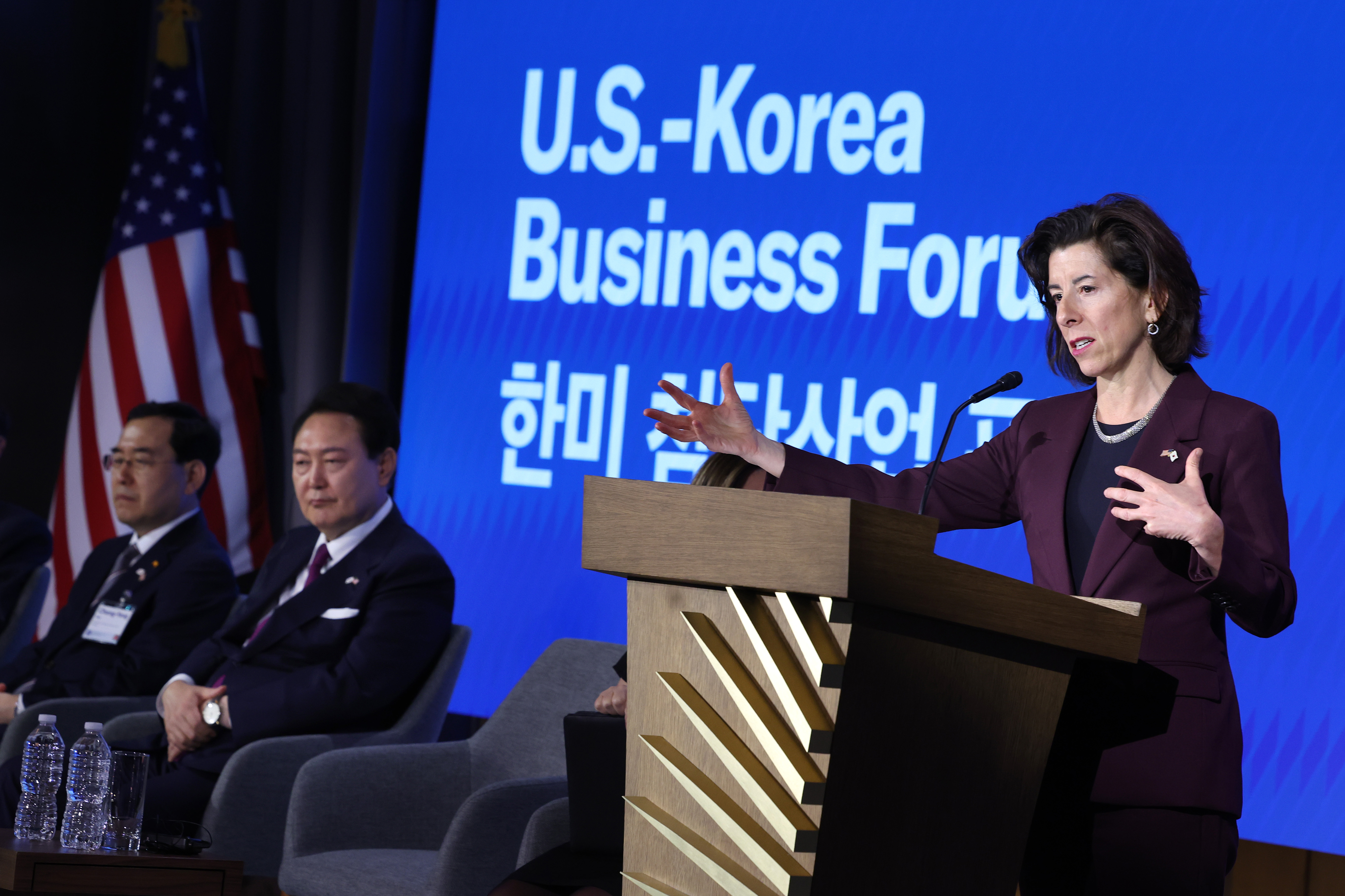 US ‘Tech Hubs’ drive aims to boost innovation in American heartlands
US ‘Tech Hubs’ drive aims to boost innovation in American heartlandsNews The development of the hubs will could help drive regional innovation and support for tech companies
By Ross Kelly Published
-
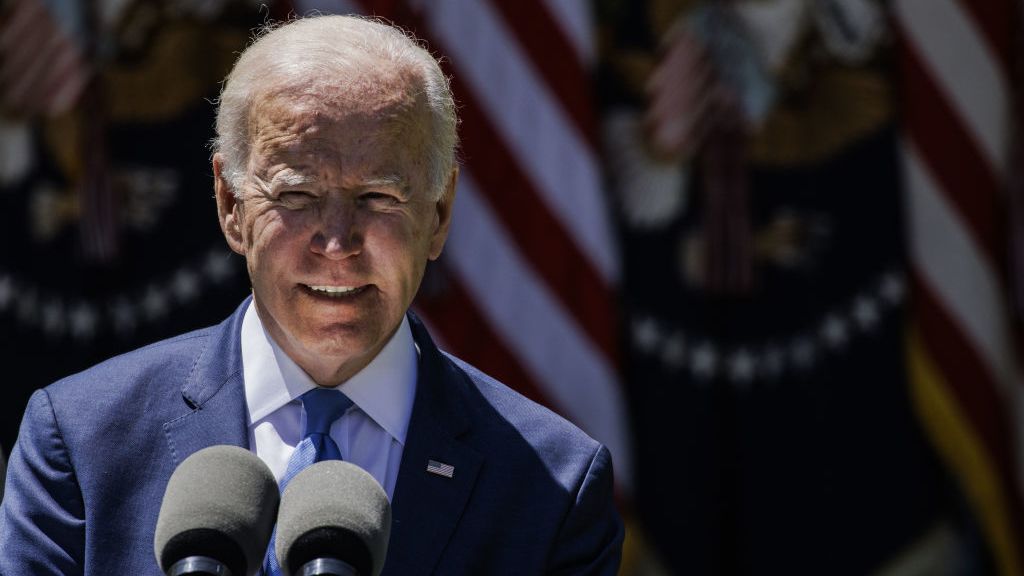 Biden sets June deadline for $42 billion broadband funding outline
Biden sets June deadline for $42 billion broadband funding outlineNews The announced deadline come prior to a much-awaited update to the FCC's US broadband map, giving a clearer image of the internet challenges facing the nation
By Rory Bathgate Published
-
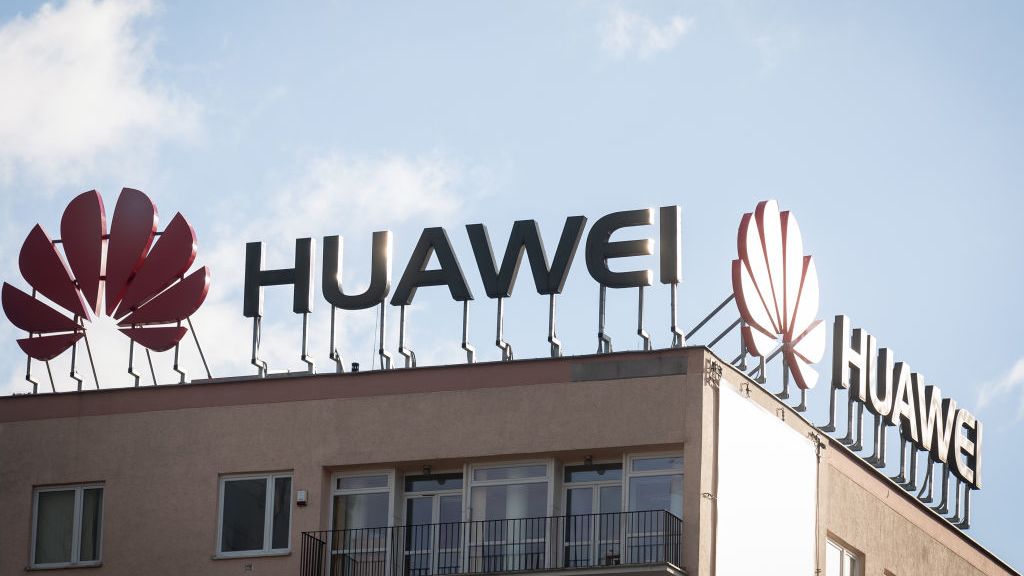 FCC eyes formal ban of all Huawei, ZTE equipment sales
FCC eyes formal ban of all Huawei, ZTE equipment salesNews Approaching the deadline to pass such a ruling, companies such as Kaspersky face similar restrictions
By Rory Bathgate Published